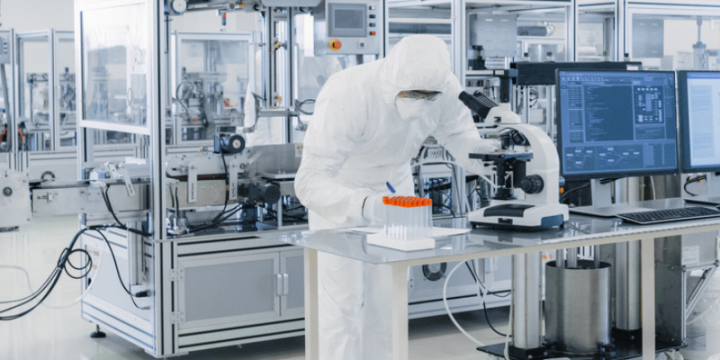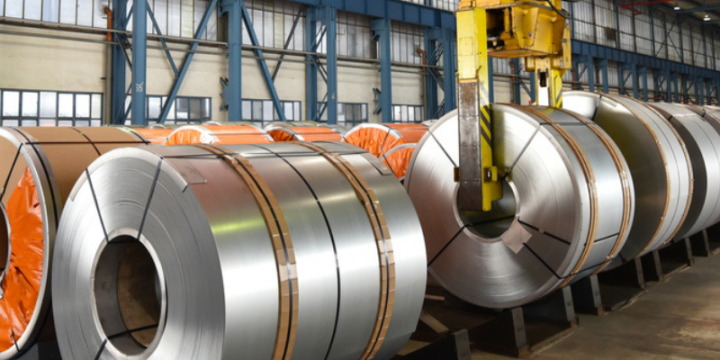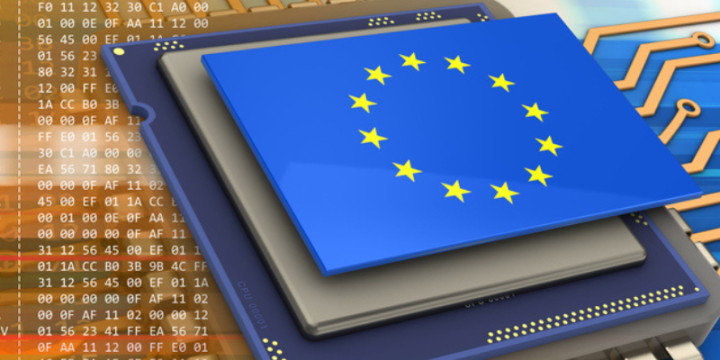In the podcast series we're producing in collaboration with IO+, "The People of Holland High Tech," you'll get to know the people of Holland High Tech (the top sector High Tech Systems and Materials). High tech is playing an increasingly important role in our daily lives. Early summer we interviewed Arco Krijgsman. He is involved with Holland High Tech as a program council member for the Semiconductor Technologies innovation domain. He is also responsible for innovation partnerships & incentives at ASML. He talks about the role of Dutch semiconductors in smart devices worldwide. From phones to autonomous driving: “without semiconductors, it would be impossible.”
Podcast Arco Krijgsman, program council member Semiconductor Technologies and at ASML responsible for innovation partnerships & incentives.
Listen to the (Dutch) podcast via Spotify
How would you describe yourself in one word?
“Associative is a term that suits me well. Think of making connections between people and bringing together different types of technologies.”
So you are a program council member for Semiconductor Technologies. Why is this area of innovation important?
"Semiconductors are everywhere these days. In the microphone we talk into, the headphones we wear, the camera that films, our phones, computers, and even washing machines. You can't see them, but they make devices smarter, more efficient, and more user-friendly. That's why chips play a crucial role in virtually all areas of application and in the major social transitions of our time: from digitization to the energy transition, and for our safety and health. Without semiconductors, these developments would simply not be possible."
What exactly is your role as a program council member?
“As a program council member, I am involved in connecting different areas of innovation and stimulating cross-pollination between disciplines. For example, I look at which projects can reinforce each other and where knowledge can be shared.”
Can you give an example of the role of semiconductors in the energy transition?
"Consider, for example, the chips and transistors that are being developed to control electric car batteries. In the past, electric cars could only charge slowly because the battery systems could only handle low voltages. Thanks to new chips, the voltage is now higher, allowing more current to flow through the same cables and charging the car much faster.
And, once the car is charged and you start driving, semiconductors ensure that modern systems function properly, allowing you to stay within the lines, maintain a safe distance from the car in front of you, and ultimately even drive autonomously. The latter is still a long way off, but without semiconductors it would be impossible."
Is the Netherlands actually doing well in the field of semiconductors?
"The Netherlands excels in chip design. Consider NXP, for example. In addition, we have ASML, which focuses on advanced lithography equipment, as well as ASM and BESi.
The Netherlands continues to excel in measuring and testing the analog signals of chips. Dutch companies such as Thermo Fisher play an important role in the early R&D phase of chip development. They build electron microscopes that allow you to see how a chip and its transistors are constructed at the nanoscale and to determine exactly which materials are located where. This makes it possible to develop more efficient chips and to quickly check process steps before they are scaled up to production.
In short, the Netherlands has a semiconductor sector that ranks among the best in the world."
I can imagine that there are also challenges in the Netherlands in the semiconductor industry.
“There are indeed areas for improvement. At present, we invest only 2.3% of our Gross National Product in innovation, while countries such as Belgium, Germany, Sweden, and Finland invest 3% or more. There is still a lot to be gained here.
We have excellent knowledge institutions, so that is not the problem. Significant investments are also being made in this area. But where we could take a step forward is with the companies that actually make innovation possible – making it more attractive for them to establish themselves in the Netherlands.
The Netherlands has taken the lead in the European Semicon Coalition initiative. This coalition aims to work with other countries that consider semiconductors important to investigate what investments and measures are needed to make the semiconductor sector in Europe stronger and more innovative."
Do you have a message for the reader that you would like to share?
“For me, innovation means being able to make mistakes. We often hear mainly the success stories, but it is precisely from the things that go wrong that we can learn a lot. It is valuable to be able to talk openly about mistakes in a trusted environment, so that others can learn from them. Within an ecosystem, this can greatly help to accelerate innovation and achieve better results.”
Read more about the Semicon Coalition Europe:
Article Semicon Coalition Europe
Read more about the place of the semiconductor industry in the National Technology Strategy (NTS):





